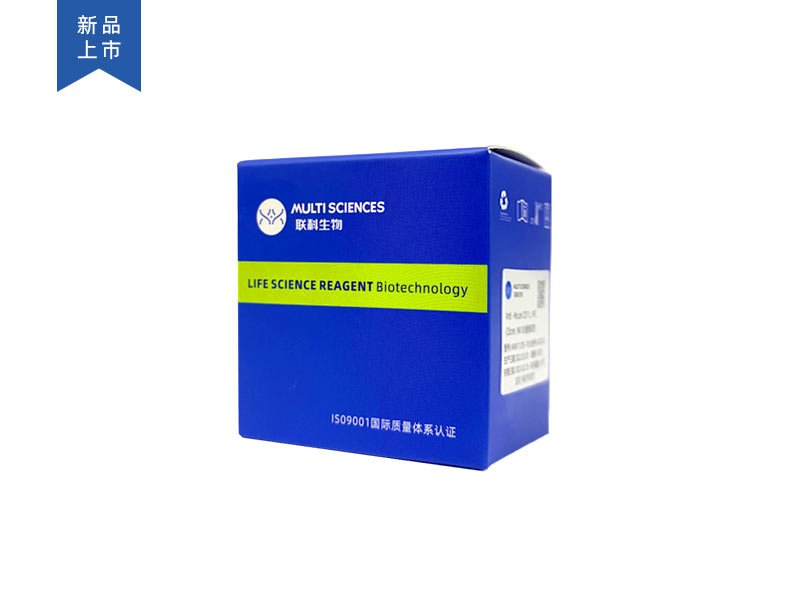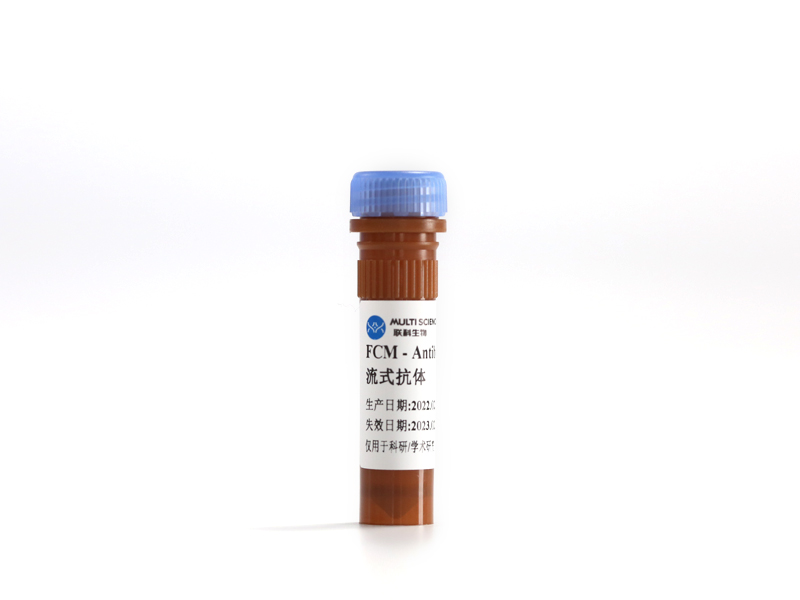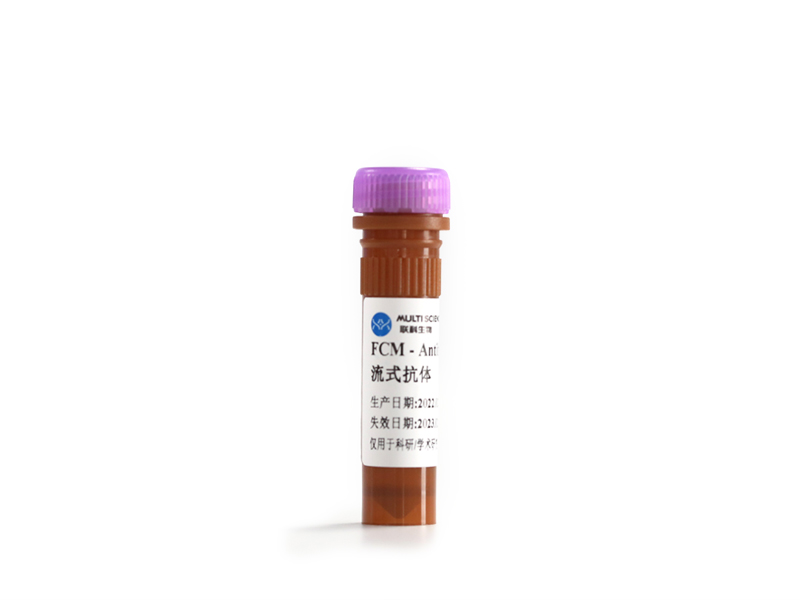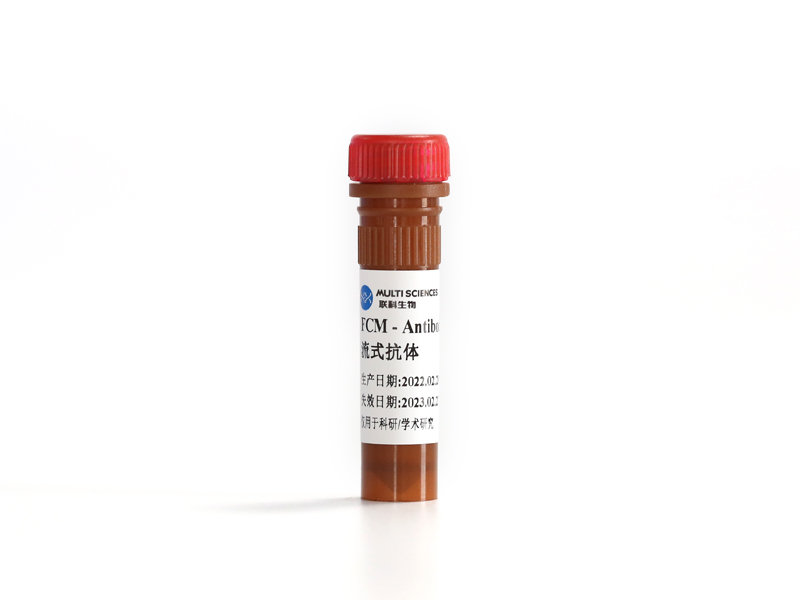Effective efferocytosis of apoptotic polymorphonuclear leukocytes (PMNs) in the initiation and resolution of inflammation iscrucial for preventing progression to chronicinflammatorydisease. Baicalin, a bioactive flavonoid drug, exerts multiple anti-inflammatory effects; however, its underlying mechanism remains to be elucidated. Here, we investigated the role of baicalin in efferocytosis in vitro and in a Porphyromonas gingivalis lipopolysaccharide (LPS)-inducedmurinemodelofpleurisy. We found that the macrophage engulfment of apoptotic PMNs was significantly promoted by baicalin in an inflammatory environment with an effectiveness similar to that of N-acetylcysteine. Meanwhile, the production of reactive oxygen species was significantly blocked in P. gingivalis LPS-stimulated J774A.1 macrophages by baicalin, and the RhoA/ROCK signaling pathway was inhibited in the same way as the ROCK inhibitor, Y-27632. In addition, the M1/M2macrophage ratio and the proinflammatory cytokine TNF-α were downregulated, whereas the anti-inflammatory cytokine IL-10 was upregulated both in vitro and in vivo. Therefore, we propose that baicalin may increase efferocytosis by acting as an antioxidant via a RhoA-dependent pathway and regulate macrophage polarization, thus promoting inflammatory resolution.
文章引用产品列表
-
- F21LY6G03 5 Citations
- 流式抗体(新品)
Anti-Mouse Ly-6G (Gr-1), APC (Clone:RB6-8C5)流式抗体 (新品)
- ¥384.00 – ¥840.00
-
- F21480A05 5 Citations
- 流式抗体(新品)
Anti-Mouse F4/80, PE-Cy7 (Clone:BM8.1)流式抗体 (新品)
- ¥1,224.00 – ¥2,712.00
-
- F2108602 13 Citations
- 流式抗体(新品)
Anti-Mouse CD86 (B7-2), PE (Clone:GL-1)流式抗体 (新品)
- ¥600.00 – ¥1,320.00
-
- AP101 1755 Citations
- 凋亡试剂盒
Annexin V-FITC/PI Apoptosis Kit(适用于除C6以外的流式细胞仪)
- ¥630.00 – ¥1,280.00
-
- EK282HS 1241 Citations
- 高敏试剂盒
Mouse TNF-α High Sensitivity ELISA Kit检测试剂盒(酶联免疫吸附法)
- ¥2,000.00 – ¥3,400.00
-
- EK210 486 Citations
- ELISA试剂盒
Mouse IL-10 ELISA Kit检测试剂盒(酶联免疫吸附法)
- ¥1,600.00 – ¥10,800.00









